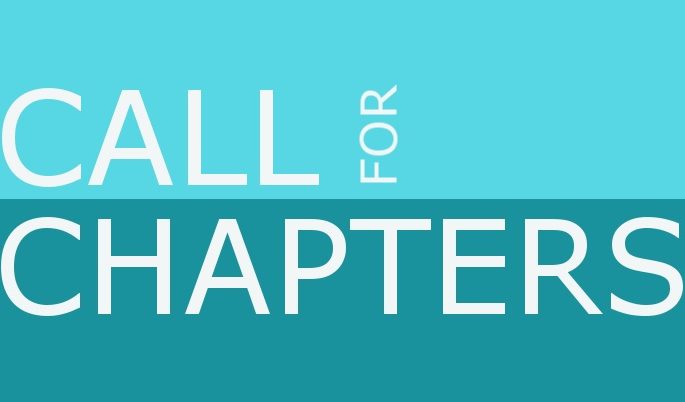What makes a joke right or wrong? When is it good or bad to laugh? The rights and wrongs of a joke can be expressed in political terms: a joke is politically incorrect or it exploits a marginalized group of people. Alternatively, a joke can be inappropriate or mean-spirited. A joke can make someone feel bad about their race, ethnicity, religion, socio-economic status, body, gender identity, and the list can go on and on. Laughter can hurt someone’s feelings, reveal that the laugher lacks manners, or maybe holds to racist, sexist, or other offensive views. The same way that a joke can make a person feel self conscious about an aspect of their self, laughter reinforces in-group/out-group dynamics and can make a person feel excluded, isolated, or alone.
These negatives are balanced against the good that jokes and laughter can do: when they punch up, jokes and laughter can diminish the power that others hold over us. Comedians can be the sharpest of cultural critics, using irony, satire, and parody to reveal hypocrisy, speak difficult truths, and skewer social attitudes and biases that marginalize and oppress individuals and groups.
But how do we speak of an ethics of comedy? The difficulty of an ethics of jokes and laughter is that so much of what makes humor work — and much of the work that humor does — is based on transgression. This edited volume seeks contributions that attempt to formulate an ethics of comedy. When is a joke right or wrong? Is it wrong if it offends, or right if it offends in the right way? How are we to determine the moral rightness or wrongness of laughing at one moment but not the next? Are there jokes that ought not to be told or punch lines that ought not to be laughed at? And how are we to know when this is the case?
The collection should be accessible to upper level undergraduates. Essays should articulate a general approach to jokes and laughter and then apply that approach to specific examples. Examples can be drawn from any medium (stand-up, television, movies, internet, etc.). Essays that deal with comedians, topics, or ethical theories that undergraduate students would encounter in other courses are encouraged.
Please submit proposals for essays of 6,000-8,500 words that explore the ethics of comedy:
-
Frameworks for an ethics of humor, jokes, and laughter
-
Normative ethical theories and humor, jokes, or laughter
-
Ethics and superiority, relief, and incongruity theory
-
An ethical analysis of a specific comedian
-
How a particular ethicist, philosopher, or theologian addresses the moral rightness or wrongness of laughter
-
The ethics of jokes about a controversial social topic, e.g. abortion, body shape or size, sexual violence, illness, etc.
-
Historical approaches to the ethics of laughter: what was the moral status of humor, laughter, and jokes in the past?
-
Evolving social standards, ethics, and humor: what jokes used to be funny and are not appropriate any more?
-
Politics vs. ethics in humor
Send your questions about the book or submit your short description to Steven A. Benko at benkos@meredith.edu. The chapter proposal should consist of a short abstract (275-350 words), chapter title, and a brief biography. Collaborations are welcomed. All proposals must be received by January 7, 2018. Final manuscripts of 6,000-8,500 words should be submitted in MLA style by August 20, 2018.






Leave a Reply